Scientists have managed to create sheets of gold only a single atom thick using a hundred-year-old Japanese smithing method.
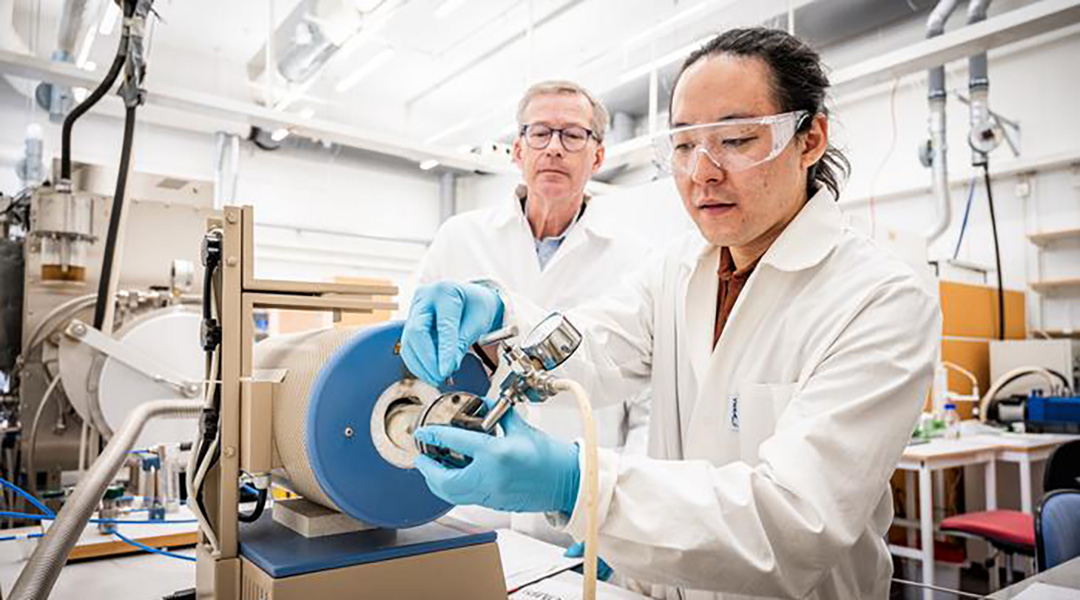

Scientists have managed to create sheets of gold only a single atom thick using a hundred-year-old Japanese smithing method.
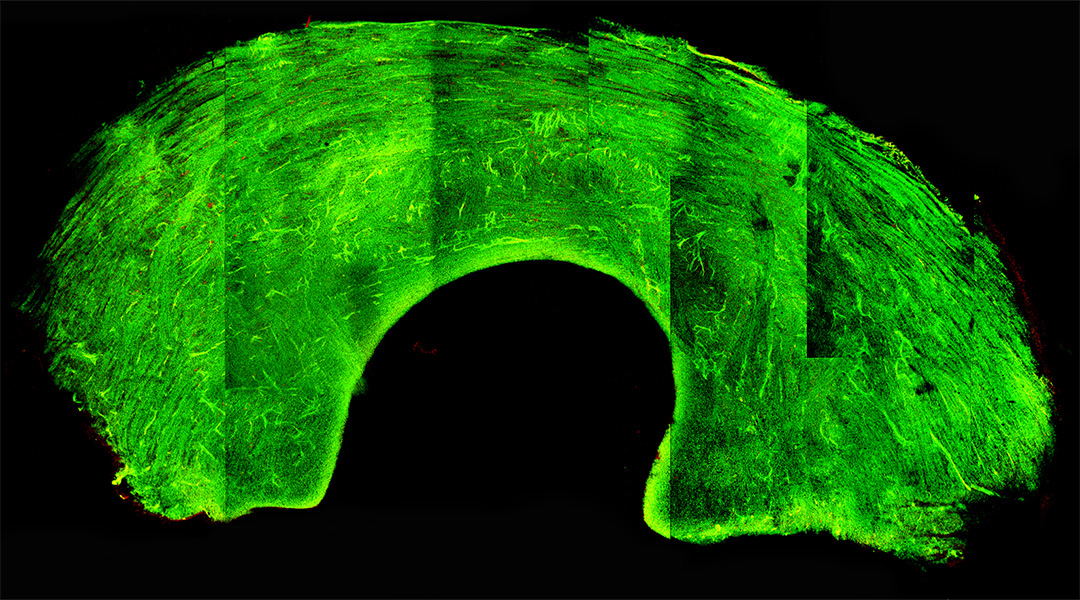
A cryopreservation technique puts graft tissue into a glass-like state, preserving cells and viability during long-term storage.
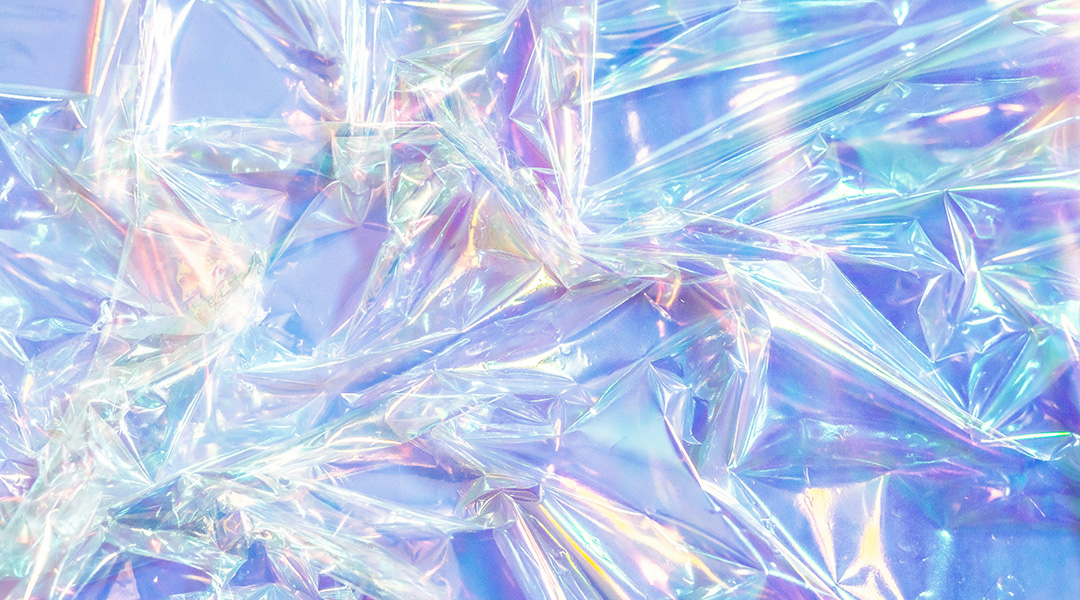
Pre-activation of plastics with fluorine-containing molecules disrupts their stability, making them easier to break down and upcycle.

Scientists create magnetism in a non-magnet at room temperature for the first time, with implications in quantum tech and computer science.

A sensational paper argues that AI could be responsible for the scarcity of advanced technological civilizations in the Universe.
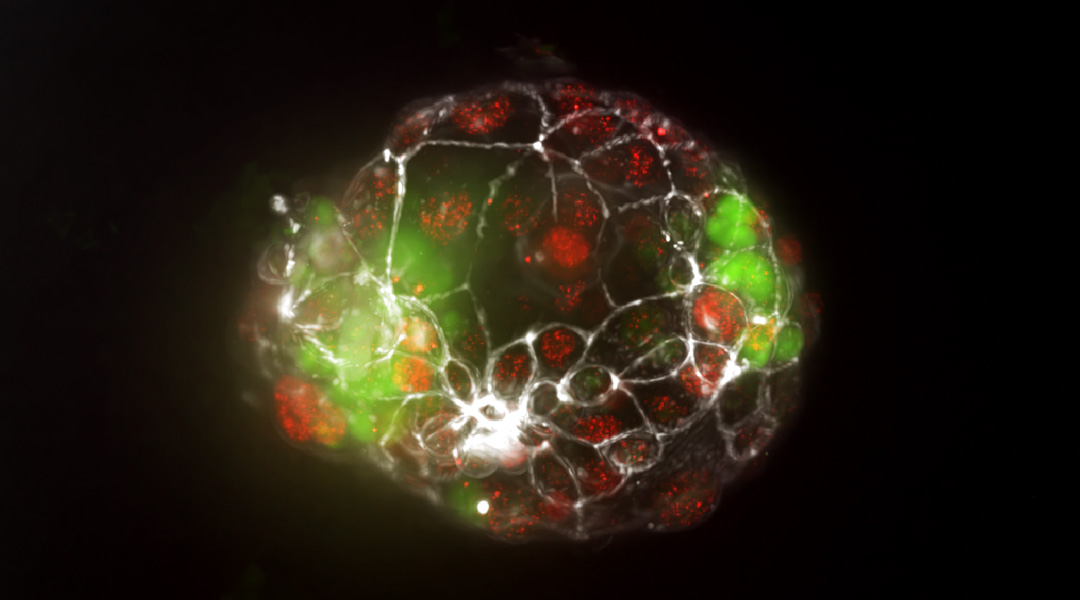
A new organ-on-a-chip model allows researchers to study the splitting of the embryo during pregnancy for the first time.
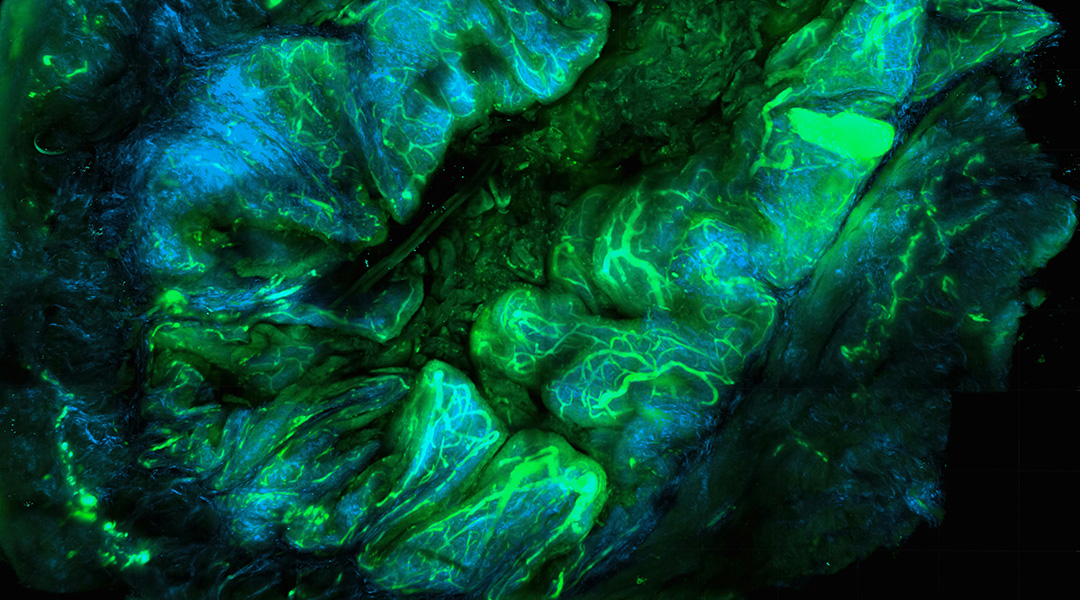
New probe system offers real-time protein mapping within living cells, unlocking insights into cellular function and disease mechanisms.
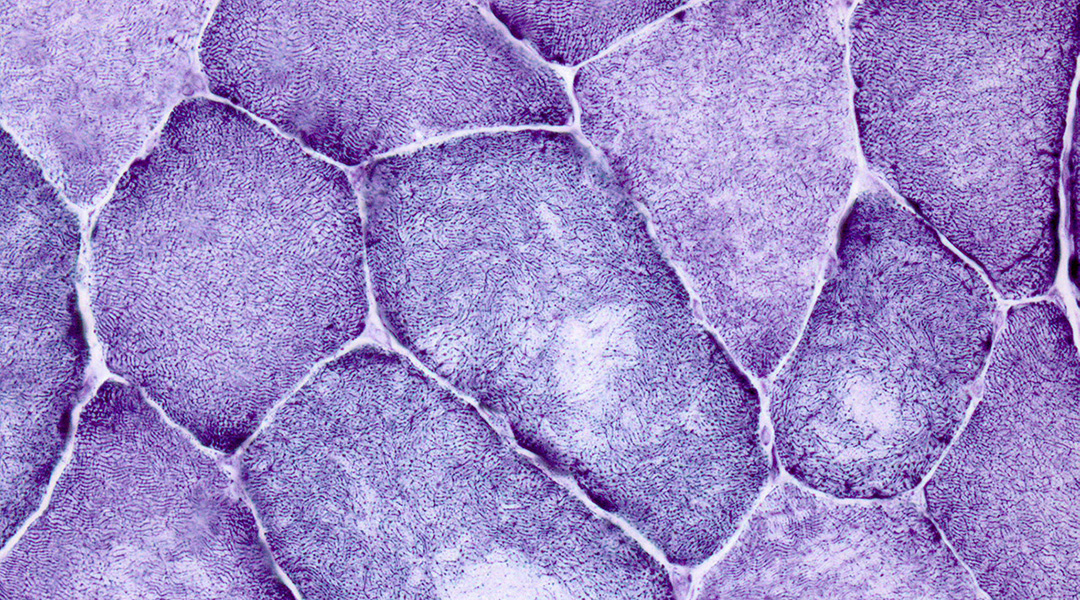
Understanding how muscular atrophy occurs on the cellular level could help researchers identify new drugs to treat the condition.

A new study finds that amyloid beta, a culprit in Alzheimer’s disease, is important for maintaining a healthy liver.
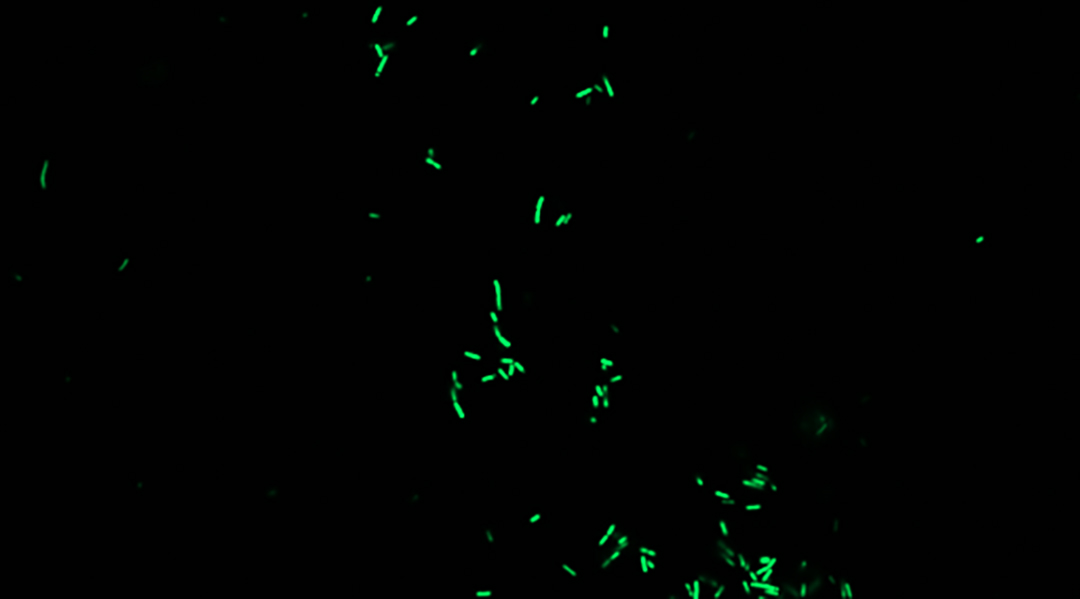
First living biosensor developed to study honeybee gut microbiome, providing insights into health and conservation.